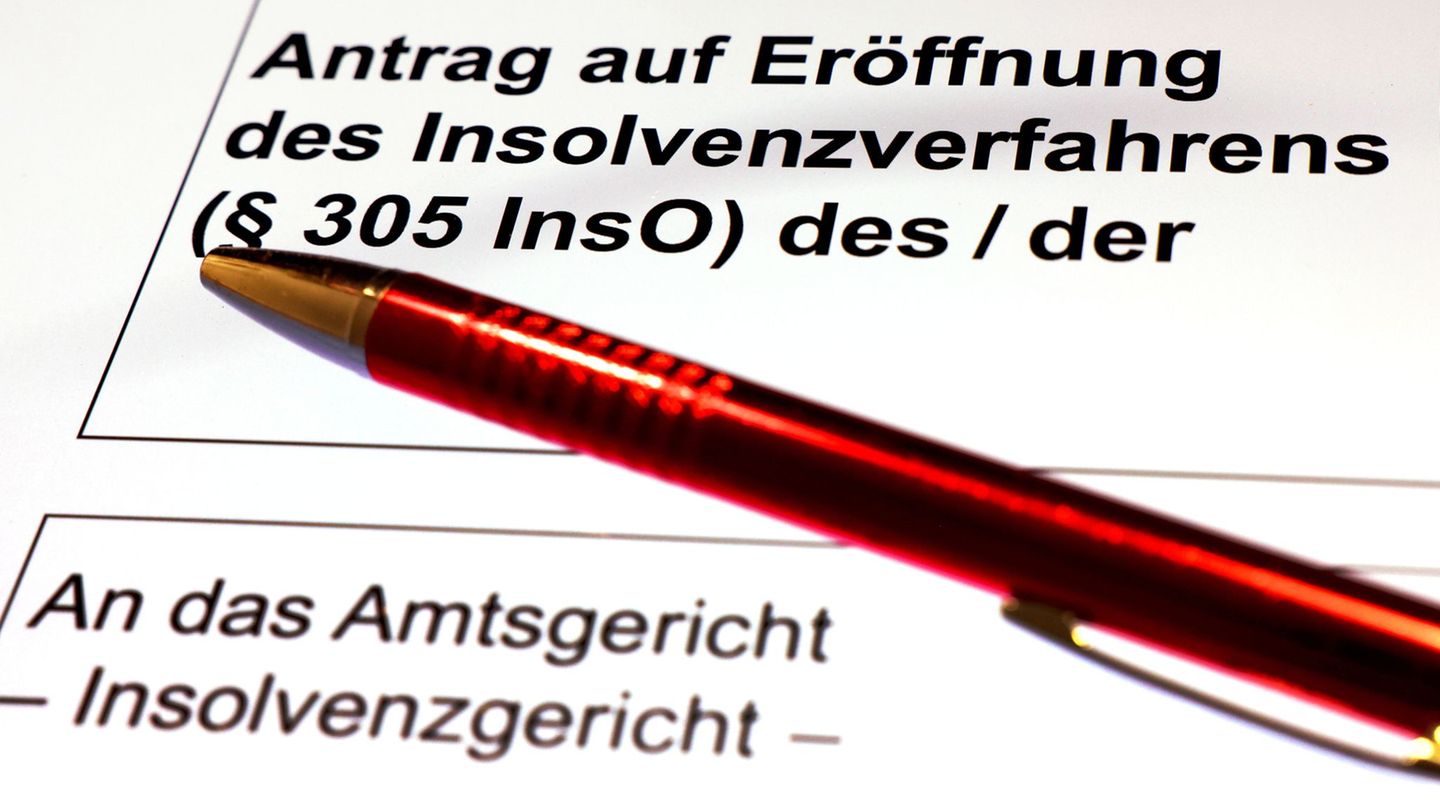Salaries are rising faster than they have in a long time. However, inflation cannot compensate for this.
At the beginning of the year, high inflation more than consumed wage increases in Germany. The wages increased by an average of 5.6 percent compared to the same quarter of the previous year and thus more strongly than at any time since the start of the statistical time series in 2008.
At the same time, however, consumer prices rose by 8.3 percent. The average real wage loss was 2.3 percent, as reported by the Federal Statistical Office. The trend from the past year has continued with a slight weakening.
For some employees, inflation was cushioned by tax- and duty-free one-off payments of up to 3,000 euros. According to the statistics, the highest increases in nominal wages were at the lower end of the wage scale.
On average, part-time workers received 8.9 percent more money than a year earlier. According to the authorities, the increase in the mini-job earnings limit from 450 to 520 euros as of October 1, 2022 also played a role here. Full-time employees’ salaries increased by only 5.9 percent.
Source: Stern




